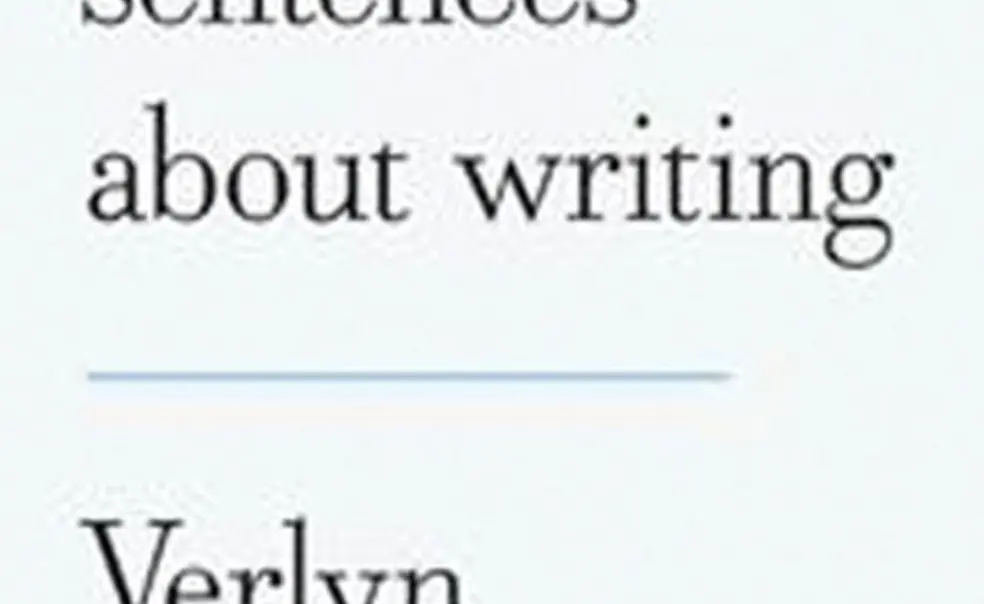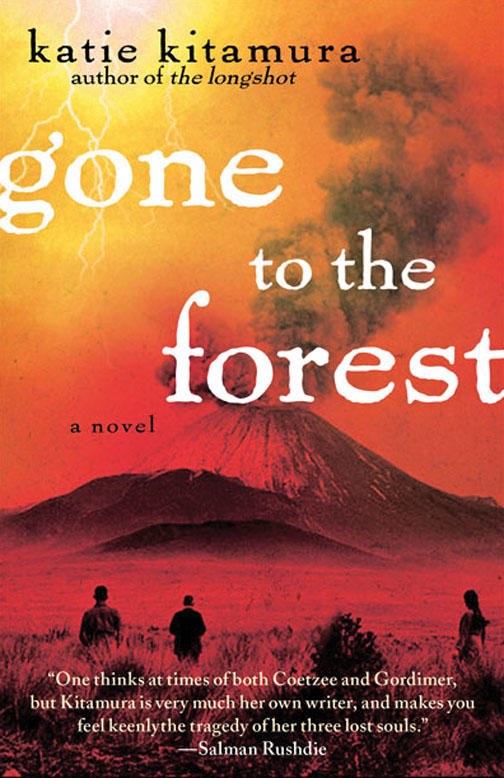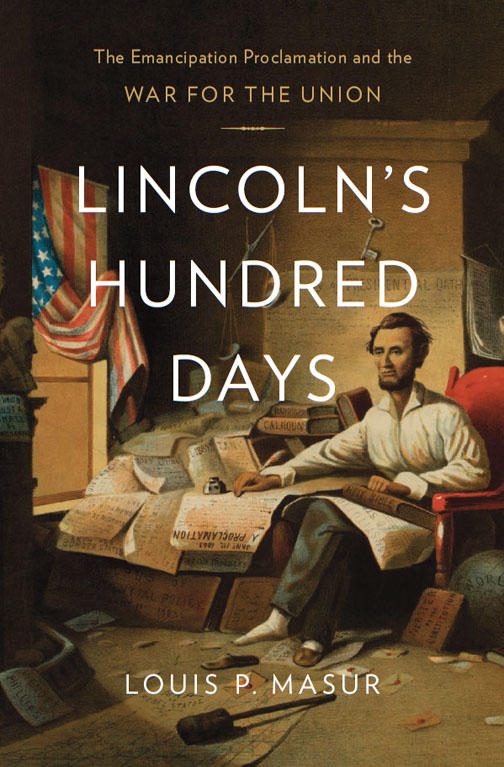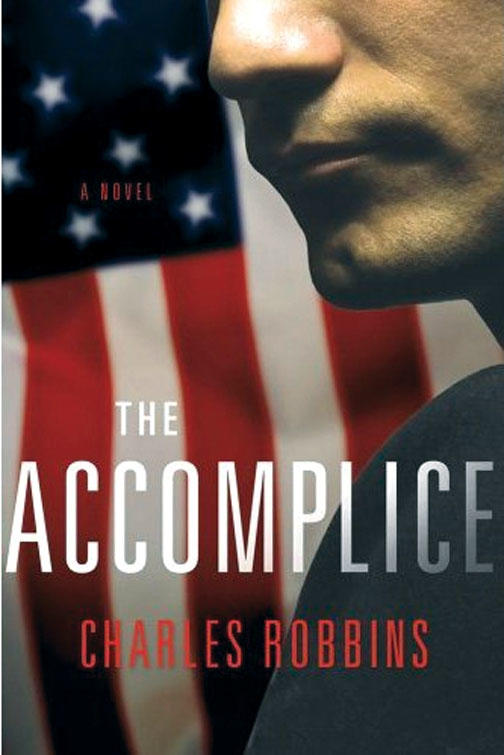New Releases by Alumni
In Several Short Sentences About Writing (Knopf), which reads like a long poem, VERLYN KLINKENBORG *82 advises starting with short sentences, focusing on what each one says. He suggests that writers should understand grammar and syntax, offers ideas on how to revise, and rejects the idea that writing should “flow,” insisting that writing is hard work. He is a member of the editorial board of The New York Times.
In her novel Gone to the Forest (Free Press) set on a family farm in the 20th century, KATIE KITAMURA ’99 explores the relationships between a controlling father and his son, and a young woman who is caught between them, in a country close to civil war.
LOUIS P. MASUR *85 examines the 100 days between Abraham Lincoln’s issuing of a preliminary Emancipation Proclamation and his signing of the final version Jan. 1, 1863, in Lincoln’s Hundred Days: The Emancipation Proclamation and the War for the Union (Belknap/Harvard). Masur is a professor of American studies and history at Rutgers.
Soon after becoming the communications director for a Nebraska senator’s presidential campaign, Henry Hatten finds that his boss is involved in unethical and unseemly dealings in CHARLES ROBBINS ’85’s political thriller, The Accomplice (Thomas Dunne Books/St. Martin’s Press). Hatten tries to figure out a way to save his boss and his own hide. A former newspaper reporter, Robbins worked on Capitol Hill.














No responses yet